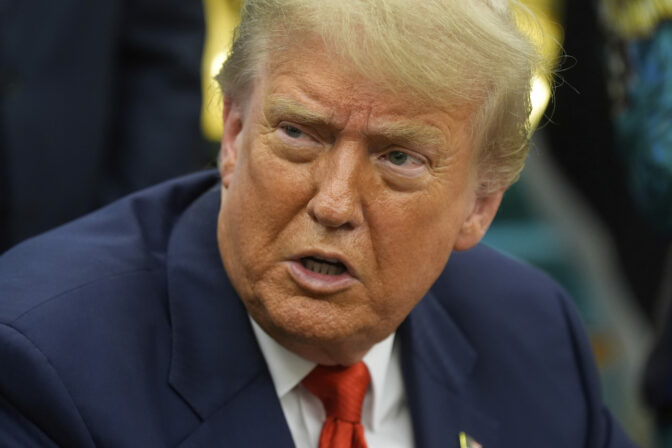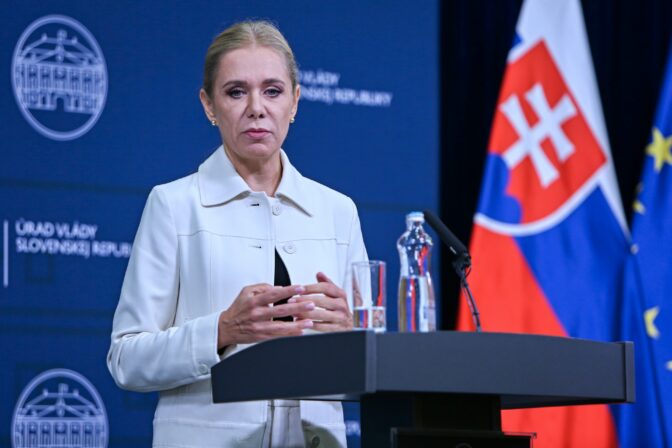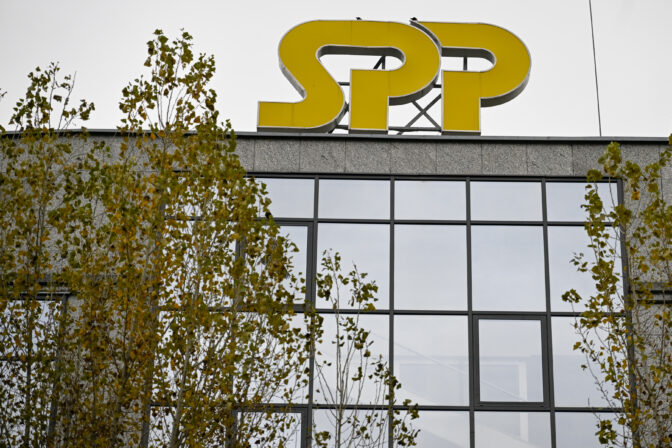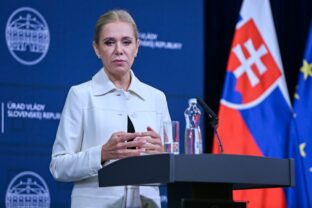BRATISLAVA, December 12, (WEBNOVINY) — Twenty-six political parties and movements want to compete for votes in the early parliamentary elections in Slovakia scheduled for Saturday, March 10, 2012. Jan Budaj was the last one to have his party Change from Below registered. Shortly before this submission, the Interior Ministry registered the party Law and Justice. Seven parties delivered their party lists during the last four hours before the respective deadline expired.
The following parties would like to run in the early elections: 99 Percent – Citizen’s Voice, the Communist Party of Slovakia (KSS), the Christian-Democratic Movement (KDH), the People’s Party-HZDS, the People’s Party-Our Slovakia, MOST-HID, the Nation and Justice-Our Party (NaS), Ordinary People-Independent Personalities, Law and Justice, We Do it For Children-SF, SDKU-DS, Freedom and Solidarity (SaS), SMER-SD, SNS, the Party of the Democratic Left (SDL), the Hungarian Coalition Party (SMK), the Party of Slovak Citizens (SOS), the Free Word Party of Nora Mojsejova, The + One Vote Party, the Green Party, Our Region, the Roma Union Party, the Party of Businessmen, The Greens, Ordinary People, Change from Below Democratic Union of Slovakia. Six private entities also wanted to run for a parliamentary mandate but Slovak election laws do not allow for such candidacy.
Head of the election and popular vote division at the Interior Ministry, Livia Skultetyova, told reporters that 2,971 candidates would like to compete in the elections. Fifteen political entities submitted 150-strong slates.
Political entities had to submit their candidate lists in two copies and also an electronic version. The respective legislation requires additional documents, including a paper confirming the payment of the electoral deposit of 16,596 euros to a special account in the State Treasury. The deposit will be returned to political entities within a month after the election outcome is announced if they garner at least two percent of all valid votes. Parties that will not be registered by the Central Election Committee will get the deposit back, too. Deposits that will not be refunded will become revenue of state budget.
Only registered political entities can run for seats in the Slovak parliament. A party list must fulfill all legal requirements, i.e., it must state the full name of the political party or coalition, a list of candidates including their personal data, the signature of the party’s statutory body and the imprint of the party’s stamp. The maximum number of candidates is 150. In compliance with the law, a Slovak citizen that reaches the age of 21 on the election day at the latest, holds a permanent residence in Slovakia and has not been sentenced to imprisonment or divested of capability to perform legal acts can be elected to the Slovak Parliament. The Interior Ministry informed about all the required data on its website, http://www.minv.sk/?nr10-vzory.
Prime Minister Iveta Radicova will convene the first session of the Central Election Commission after the candidate lists have been submitted. She is obliged to do so until Friday, December 16 at the latest. The Central Election Commission will verify the submitted lists eighty days ahead of the elections at the latest (December 21). Candidate lists complying with the law must be registered seventy days before the ballot day (by December 31). Following registration, the commission draws lots to determine the number for each of the candidate lists. Committee’s keeper of records delivers the decision on registration or rejection to political parties or coalitions within 24 hours after the committee hands it down. The decision of the Central Election Commission can be appealed at the Supreme Court of the Slovak Republic within three days. Candidacy can be withdrawn 48 hours ahead of elections. Printing of ballots is conditioned by registration.
The elections in March will be the eighth parliamentary elections in Slovakia since 1989 and the third vote held sooner than after the four-year parliamentary term ended.
SITA












